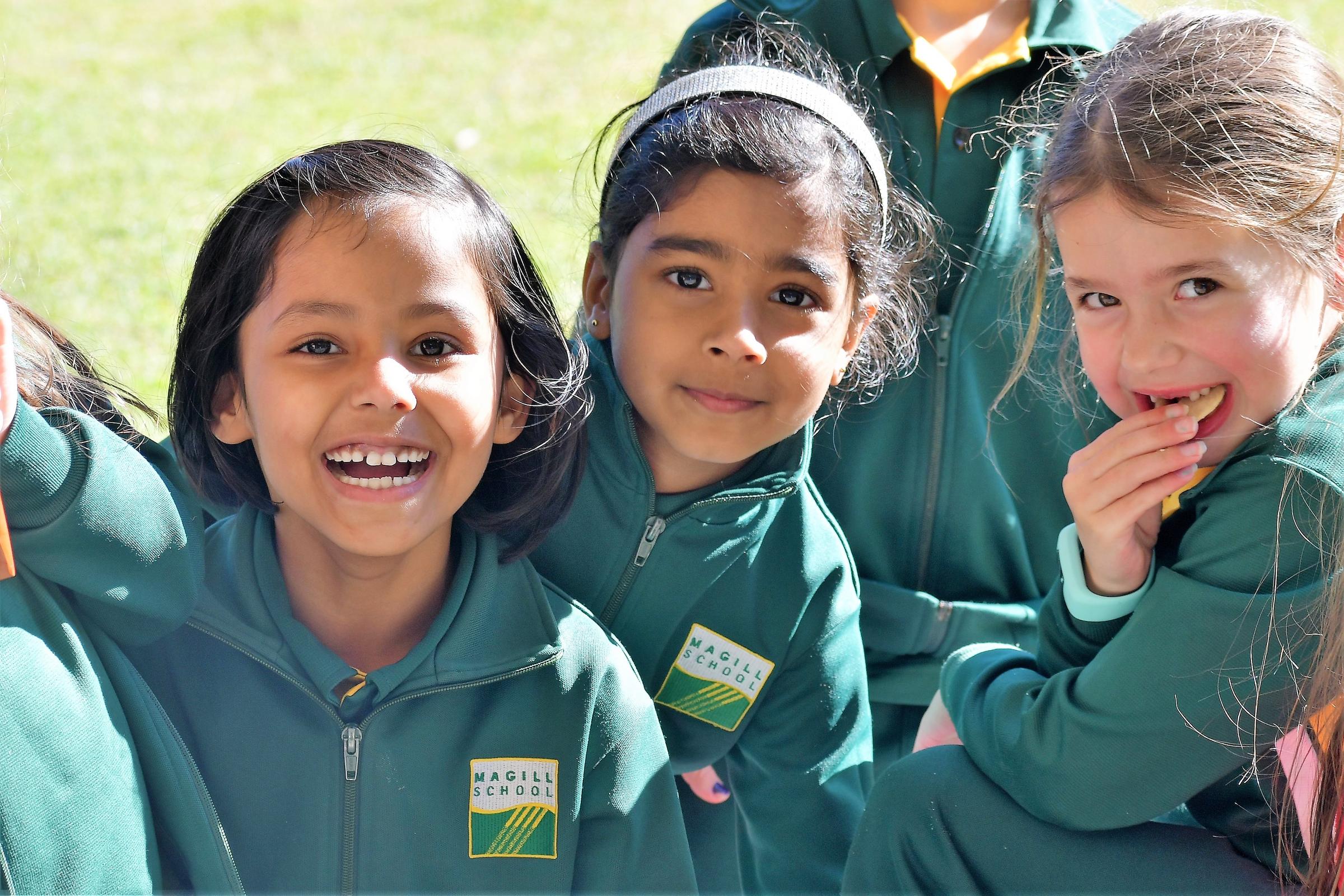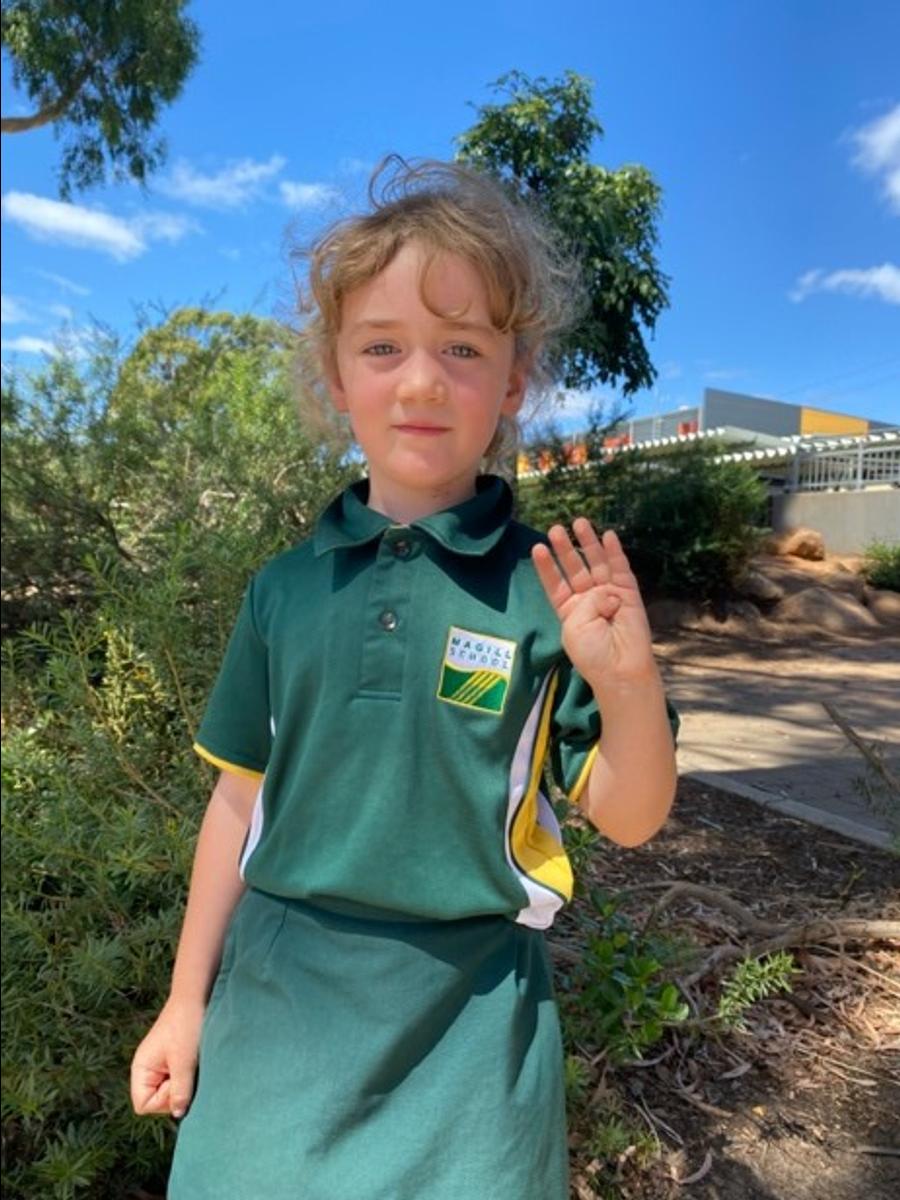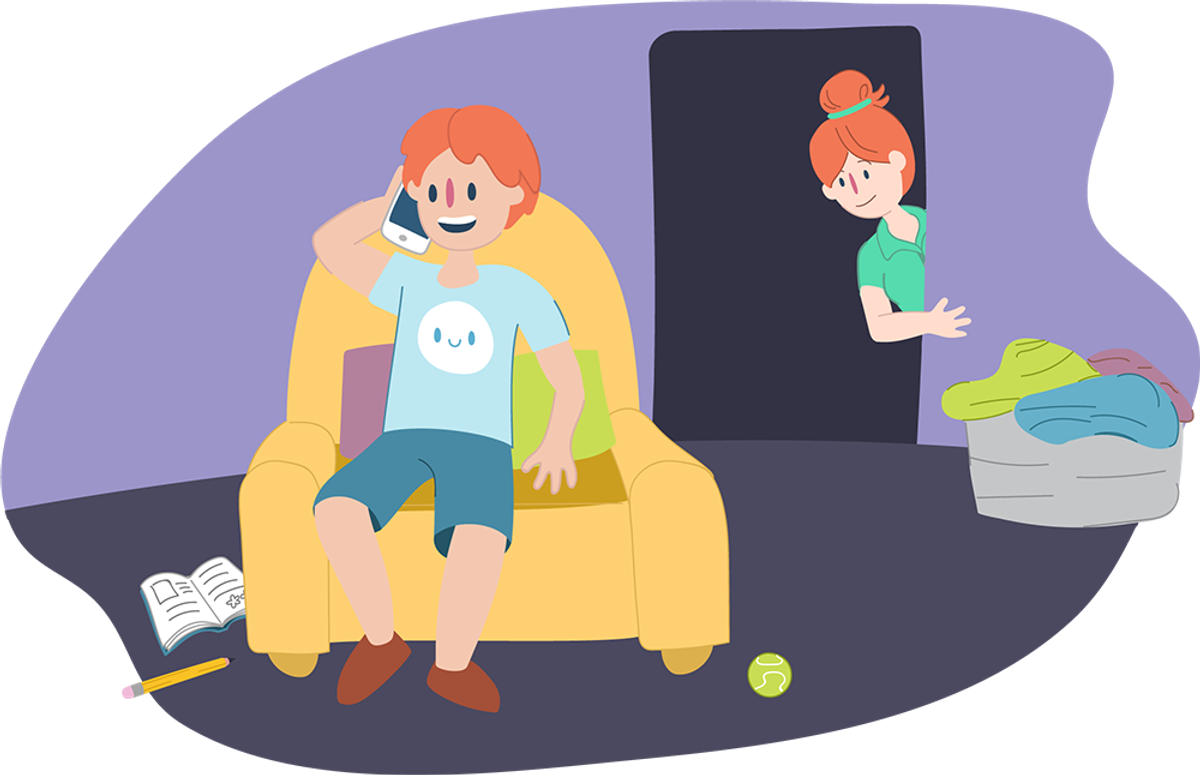Being Well at Magill

Current Affairs - How to support your children
Current affairs are overwhelming for most of us at present: the last two years or so have been all about fires and floods domestically, war/s in different parts of the world, and of course, the continuing pandemic and associated lockdowns and restrictions to everyday life. Of course, as parents we worry about the impact negative news cycles must be having on our children and how best to reassure and guide them through these difficult times. While a don’t tell approach is well meant, it is more difficult to sustain in today’s world of social media and ready access to information about what is happening around us, both here in Australia and around the world.
Prominent psychologist Prof Lea Waters, and author of The Strength Switch: a book about strength-based parenting, suggests talking to your child is the best option and to be guided by their age and personalities; teenagers can handle a more detailed conversation. Acknowledge your child’s fear of what is going on in the world right now but offer reassurance about their future and wellbeing. Everyday moments and conversations are a way to do this. Acknowledging it is difficult to see what is happening in the world around them right now, then help to overcome fear and anxiety by reassuring your child of their safety right now. For example, in Adelaide we are flood free, we have fire plans in place in case of bushfire; the area around the house has been cleared, we have adequate hose pipes etc (too many details are not necessary for younger children, it is reassuring to know there IS a plan).
Lea Waters talks about loss of control being a major contributor to fear and anxiety in children so giving them a responsibility is reassuring: ‘you will bring the teddy or the dog.’ Other things parents can do to help their children allay fears and anxiety is to stick to a routine (predictability is so important) and regular physical contact through cuddles and hugs which alleviate fear hormones (cortisol).
Teaching our children strategies to calm themselves down when feeling overwhelmed is important. Here at Magill school, children in Junior primary have been learning all about feelings this term (In our last newsletter, we talked about The Colour Monster and recognising early warning signs in our bodies: indicators of big emotions such as anger).
Since then, children have been learning all about their amazing brains. They have been introduced to the pre frontal cortex (thinking, calm part of the brain) and amygdala (emotional and sometimes angry/mad/sad part of the brain). Dan Seigel, a psychiatrist and author of ‘The Whole Brain Child,’ teaches a concept called ‘Flipping your lid'. It is an analogy that helps children to understand the connection between thinking and feeling parts of the brain and to develop strategies to manage big emotions.
This model is an excellent tool for teaching young children difficult concepts in a simple way. Need Professional Support or Advice?
When we are calm, we feel happy and safe and can think of good solutions to problems. Our pre frontal cortex (or wise old owl) is in charge. However, when big feelings overcome us, the Amygdala (or guard dog) takes charge and we do not feel happy or safe. When we get mad or sad or scared, we enter our 'red zone', and we are unable to use our thinking brain.
Our junior primary children have been practising strategies to keep their thinking brains in charge: deep belly breathing, taking a walk, having a drink of water. Once children understand the concept, we can ask ‘where's your brain right now?’ and children will be able to show where by showing us their lid: fist closed - calm, fist open - flipped, or somewhere in between. We, the adults can help children use a strategy that works for them to regulate their emotions. This is a concept that requires re-visiting regularly for children to begin to learn to regulate their emotions independently. We tell them that everyone, including adults need to keep practising.
For more on these topics, refer to the links below.
https://www.leawaters.com/press-2
https://www.youtube.com/watch?v=V0BYs-LN5bY
KidsHelpline: 1800 551 800
Beyond Blue: 1300 224 636
Lifeline: 13 11 14











